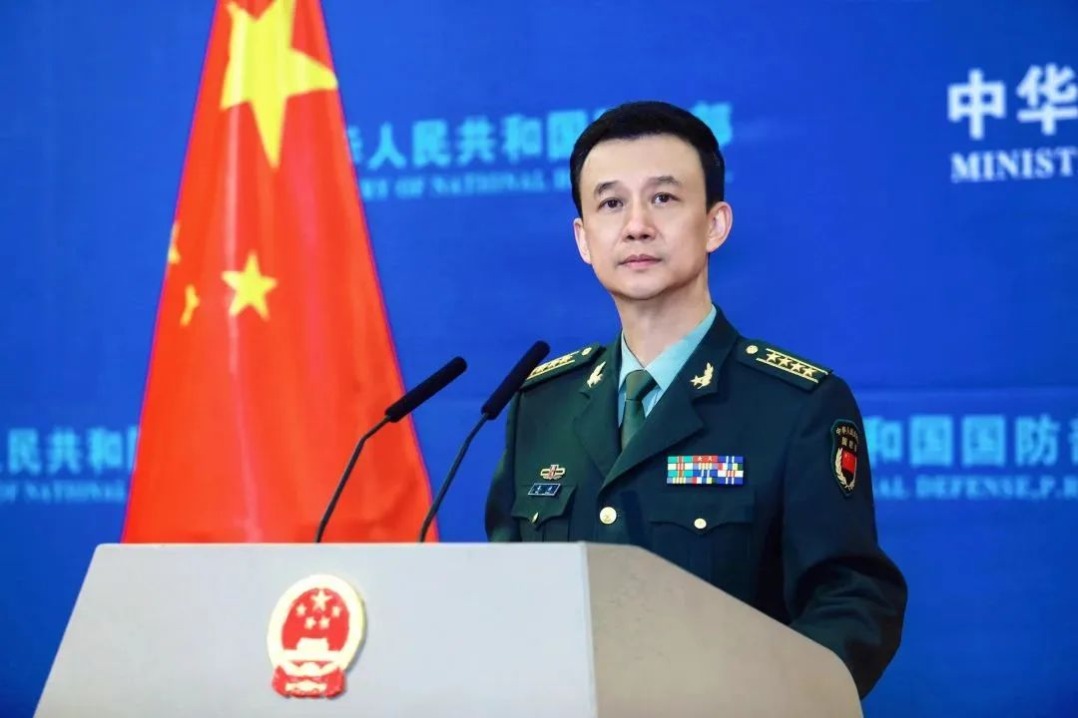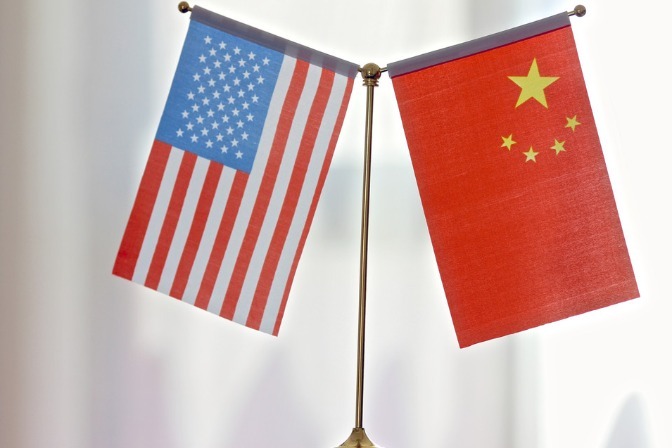BRICS charts new paths for Africa's development
Group could help drive industrialization and create jobs in continent, experts say


As the multipolar world order takes shape, even as more African countries join BRICS, experts have called for more interactions between African nations and BRICS, as the grouping offers the continent numerous opportunities conducive to their economic growth.
Krish Chetty, senior research manager at the Human Sciences Research Council, a South Africa-based research agency and policy think tank, said BRICS offers a significant market for Africa's resources, consequently increasing its competitiveness.
BRICS, particularly China through the Belt and Road Initiative, is interested in Africa's manufacturing sector and infrastructure development, which could drive industrialization and potentially create much-needed jobs for the continent, Chetty said.
"BRICS' tech transfer programs can be expanded to address Africa's capacity gaps and growth of skilled workforce," he said.
In addition, BRICS can provide Africa with the badly needed development fund, he said, adding the BRICS New Development Bank offers alternative sources of financing with fewer conditions compared with the International Monetary Fund and the World Bank.
A unified African bloc can increase its negotiating power with BRICS, he said, adding that the grouping could also share knowledge with African countries on reducing reliance on traditional donor-recipient economic models.
In light of the current dollar volatility, Chetty said BRICS is gradually introducing new alternative payment systems that could promote de-dollarization and provide Africa with alternative currency.
To practically engage with BRICS, he said African countries should first understand that the grouping is structured and consists of multiple tracks, such as the government, academia, business, civil society and finance.
Voice to be heard
"BRICS has a series of events that happen across the calendar year, and Africa has to figure out how it can start engaging at these particular events to have its voice heard," he said.
"I think it's important that we (Africa) try to speak with one voice. One of the most powerful things we can do is coordinate our positions in the lead-up to these events. When we speak with one voice, we will amplify our message."
Chetty underscored the need for Africa to engage beyond political level, as well as develop and organize the local and national institutions and associations to engage in BRICS forums.
This is in addition to developing local knowledge-sharing networks to engage in BRICS forums and giving feedback to the communities.
"When we engage with BRICS, it needs to go hand in hand with us promoting regional integration and pan-African unity — working to build and empower the African Union," Chetty said.
He also urged African countries to work with BRICS partners to push for reforms in the global financial architecture that enables a fair system.
Emmanuel Matambo, research director of the Centre for Africa-China Studies at the University of Johannesburg in South Africa, said the expansion of the BRICS members to include the interested African countries could offer more opportunities for Africa, especially on the access to global trade.
Of all the five countries that became new members of the BRICS at the beginning of the year, two are from Africa — Egypt and Ethiopia. More African countries have expressed interest in joining the group this year, including Kenya and Zimbabwe.
Matambo said BRICS, which intends to establish its own payment system, provides the momentum for implementing a pan-African payment settlement system, which is key to Africa's integration.
Meanwhile, he said inter-African trade has been undermined not because the continent is dangerously exposed to the dollar economy, but by the lack of infrastructure and prevailing insecurity that undermines investor confidence on the continent.

































